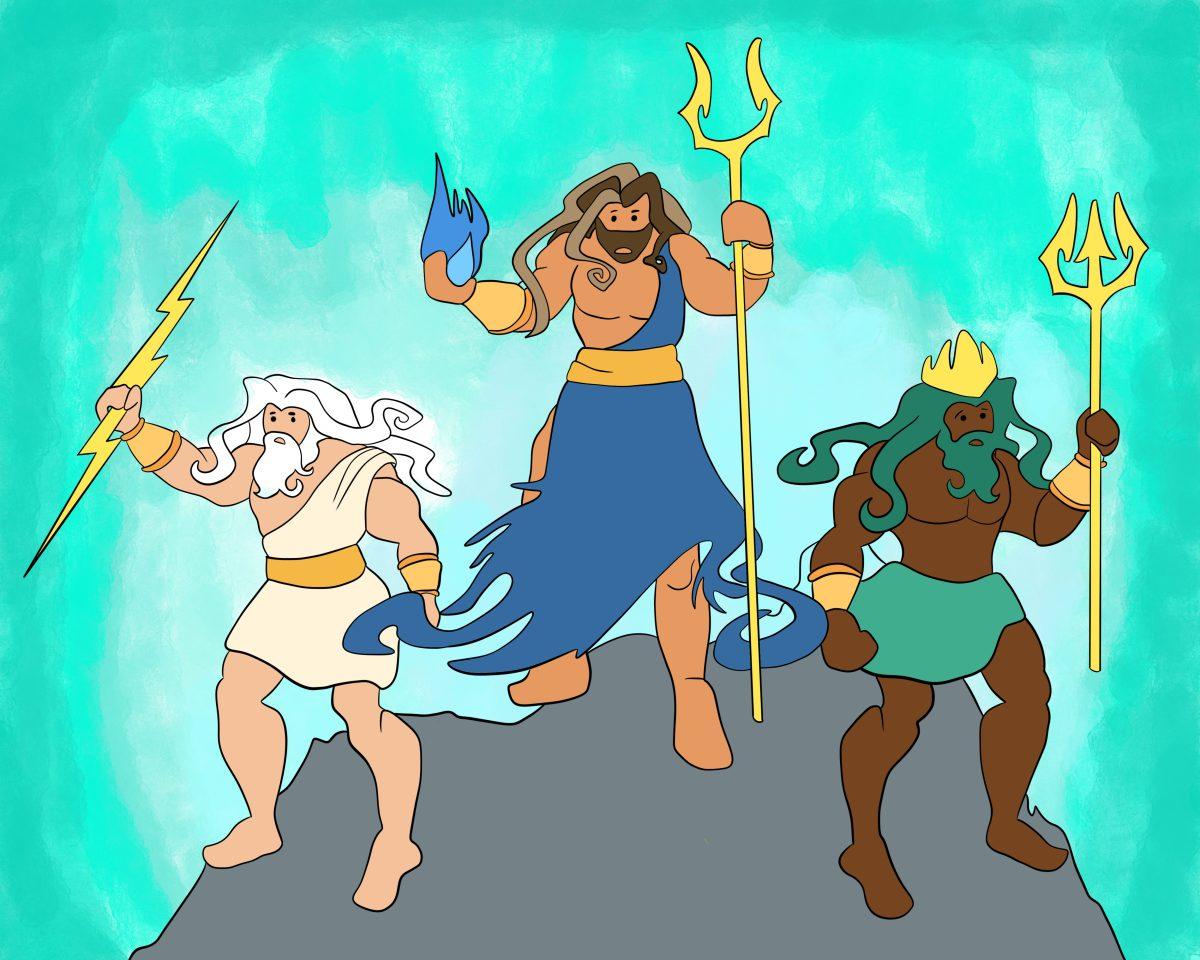Many students grew up with Rick Riordan’s beloved “Percy Jackson” books, a children’s book series about a boy who finds out he’s the son of the Greek god Poseidon.
While some people scrutinize retellings such as “Percy Jackson” for not being true to the original myths, Percy Jackson and the Olympians acts as a stepping stone into mythology for many students, and because of this, many professors who teach mythology classes on campus constantly hear about the series.
The “Percy Jackson” series had a resurgence after the recent TV series, “Percy Jackson and the Olympians,” was released on Disney+ last December. Alberto De Simoni, a professor of classical studies at NC State, said once he started teaching in the United States, he began to hear about the series from his students.
“I had no idea who Percy Jackson was, but I heard his name over and over,” De Simoni said. “So he’s a reason for which my students would take a Latin class or classics class.”
Dustin Heinen, an associate professor in the Department of Foreign Languages and Literatures, said that although others may pass judgment for an adaptation of an old myth, he encourages it.
“There are people who roll their eyes and say, ‘That’s totally not how Perseus was,’” Heinen said. “I think it’s awesome.”
As the Greeks were forming these stories, they were changed and reshaped by many people. Details and characters were rearranged and removed by different people all attempting to shape the stories. Heinen said he thinks further adaptation probably would have been welcomed by the original storytellers.
“I would think that the people who told stories like that would love the changes because that was what they were doing, they were telling them orally,” Heinen said. “It wasn’t written down and described as, ‘This is how you have to leave it as’ — it’s just a story.”
Heinen said there is no such thing as a correct interpretation of a myth because of how they were changed and told by many people. While one person may have started the myth, many others’ input and changes create the myths we know today.
“There’s no such thing as an accurate portrayal of myth because a myth is a story,” Heinen said.
The original myths were never written down. Instead, they were retold orally for people to entertain one another as a collaborative story. Heinen said the best stories people came up with are the famous ones that get retold over and over again.
“Stories are about telling a cultural truth,” Heinen said. “If you use the Percy Jackson story to retell Perseus, and you want to explain that our culture values bravery and kindness, that’s exactly what a myth is for — to be retold.”
The “Percy Jackson” series tells cultural truths similar to those of classical myth but often in a different setting. One of the adaptations made to modernize the setting was the relocation of Mount Olympus, the dwelling place of the gods, to be the 600th floor of the Empire State Building.
Riordan also decided to give Greek demigods ADHD and dyslexia as a battle reflex, which differs from classical myth.
“Myths are usually more successful if they just tell a cultural truth that people know,” Heinen said. “And so, does ADHD and dyslexia need to be in every character? … I think that having that be a trait that modern audiences can identify with is a little bit more realistic than have it be a character necessity.”
Analyzing these myths for their differences and what we receive out of them is not only for enjoyment, but the reason these stories were created, DeSimoni said.
“When you engage in retelling a story, you are engaging in discovering its meaning,” DeSimoni said. “That’s what I always tell my students, for example. It can be entertainment, it can be pure entertainment or it can be like an actual request of meaning that the original story tells.”














